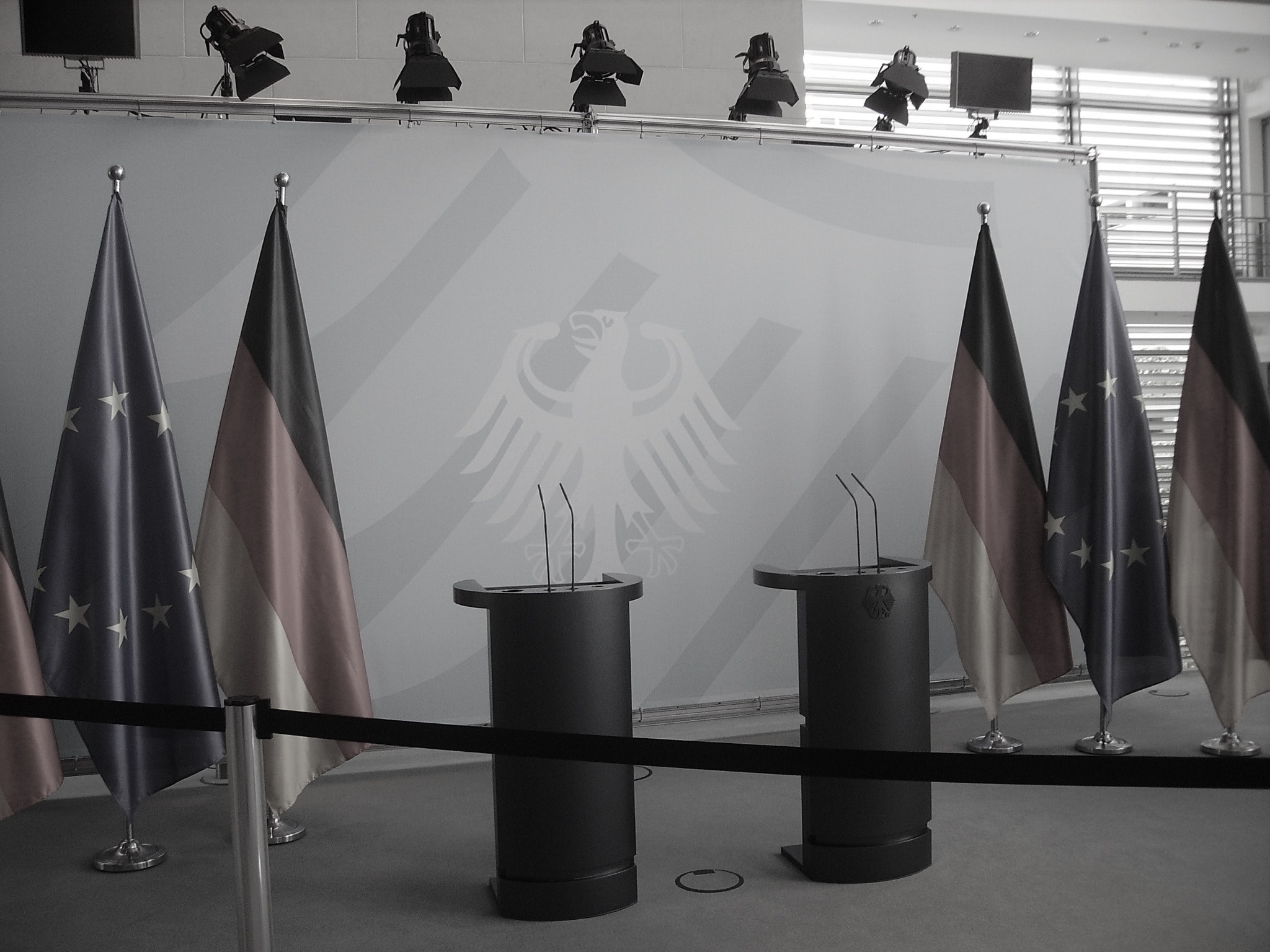Of course the MIPIM should have been cancelled earlier. When the decision was finally taken by Reed MIDEM, the fair organisers, large swathes of the gathering’s registered attendees had already taken the decision not to travel to Cannes for the event. The roster of big name companies who had already decided not to expose their people to the putative dangers of travelling to such large gatherings was threatening to snowball into an avalanche. By the middle of last week it was obvious to the dogs in the street that the event was a non-starter.
MIPIM’s face-saving announcement, that the fair would be merely postponed until June, was perhaps its only option. Who knows what the insurance implications are for an organizer to cancel a major event, with tens of millions of pre-event investment and contractual obligations on the line?
We’re not privy to this information. What we DO know is the extent to which companies plan for these large events, and deploy great marketing resources to make sure they get the maximum bang for their buck from their attendance. When the plug gets pulled on such a concentrated bundling of marketing and managerial focus, it can be very difficult to re-inject that sense of anticipation and preparation into the troops to swiftly re-muster the required energy for a fresh performance.
So, perhaps the MIPIM’s hands were bound. For the city of Cannes and the MIPIM organisers, cancelling the event wholesale was simply too bitter a pill to swallow. We now have this compromise. But the immediate future does not look much brighter either.
The new dates of 2nd-5thJune are less than three months away. Real estate professionals would be required to share the Palais des Festivals with a major music fair – the MIDEM – scheduled for the same time, which attracts 5,500 attendees. While musical accompaniment to the signing of mega real estate deals might traditionally have been viewed as within the exuberant spirit of MIPIM, we have our doubts whether real estate moguls will take overly kindly to jostling in the aisles with titans of music recording and publishing.
Many exhibitors, having incurred significant costs, will remain loyal and will shift their energies to preparations for the new dates in June. Still, the issue may well turn out to be moot, as the wider picture is not encouraging for the immediate future of such large gatherings.
Large European fairs, such as the Hannover Messe at the end of April with more than 200,000 visitors, have already been tentatively postponed until July. This, along with the new proposed MIPIM dates, clash with peak German holiday periods, and for many potential attendees will involve conflicts with family commitments.
Realistically, we expect that many companies will take the view that the die is cast, the moment has passed, and we should move on, knuckling down now to deal with the other real difficulties presented by the coronavirus in 2020.
The collapse of British regional airline Flybe merely calls attention to the horrendous challenges being faced by organisations exposed to tourism, including the hotel sector. In this issue we report on a study by Engel & Völkers Hotel Consulting, which highlights how hotels in many German cities have been performing sideways, with supply now exceeding demand, putting downward pressure on yields. Many cities have big hotel development pipelines, imputing future demand that may take a severe dent as a result of the current viral crisis.
One outperformer in the German hotel segment has been Berlin, which tops the occupancy league tables, and is seeing a welcoming surge in RevPARs for hotel owners used to notoriously low room rates. The city saw a 4% rise in overnight stays in 2019, and despite coronavirus, the upward trend will surely continue, boosted in part by the opening of its new airport in October of this year.
Nonetheless, the capital city was dealt a blow this week when it failed to secure the Internationale Immobilien Ausstellung, or IAA, the motor show that has been held in Frankfurt for the last 70 years. Taking place every two years, the Frankfurt Motor Show had traditionally attracted up to a million German visitors, who make the pilgrimage from Germany’s furthest-flung provinces with their petrol-head friends to ogle the latest automotive offerings, and see where the industry is headed. For this, the Frankfurt exhibition model had grown tired, and needed refreshing.
It’s a big loss to Frankfurt, and a major win for Munich, which clinched the contract after beating out Hamburg and Berlin in the final voting round. Both cities had pulled out all the stops to woo the IAA organisers. Munich, home to carmaker BMW, views the event as the opportunity to showcase smart city ideas like intelligent traffic and vehicle networking, and become more than just an international auto show. Rather than just taking place in traditional halls, Munich plans to bring the event to the people, with downtown and stadium locations allowing visitors to experience autonomous and hydrogen-driven mobility at first hand.
Munich got the nod, because – apart from its airy, modern and attractive trade fair facilities – it crucially ensured the support of inhabitants and local politicians. Berlin, believing itself to be the front-runner in the tender process, lost out because of the perception that the ruling Greens (who hold the economic ministry) and other protest movements were not behind the city’s bid, and would cause trouble.
Be under no illusions. Politics is playing an ever-bigger role in shaping the landscape in Germany that will determine investors’ real estate success. Investors need to sharpen their focus on local and micro-conditions to maintain their edge. There is perceptible change afoot – the wake-up calls are sounding all around us. We just have to listen.








